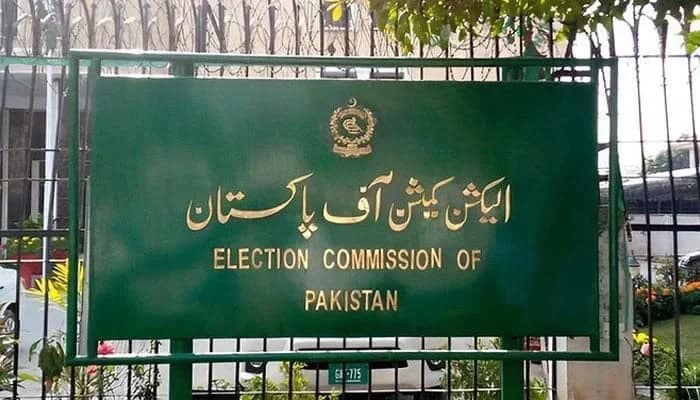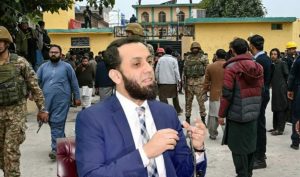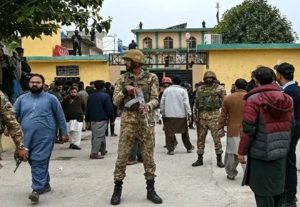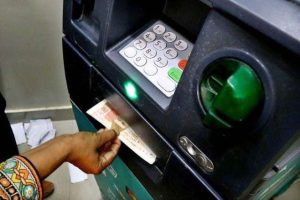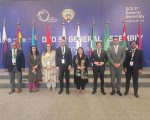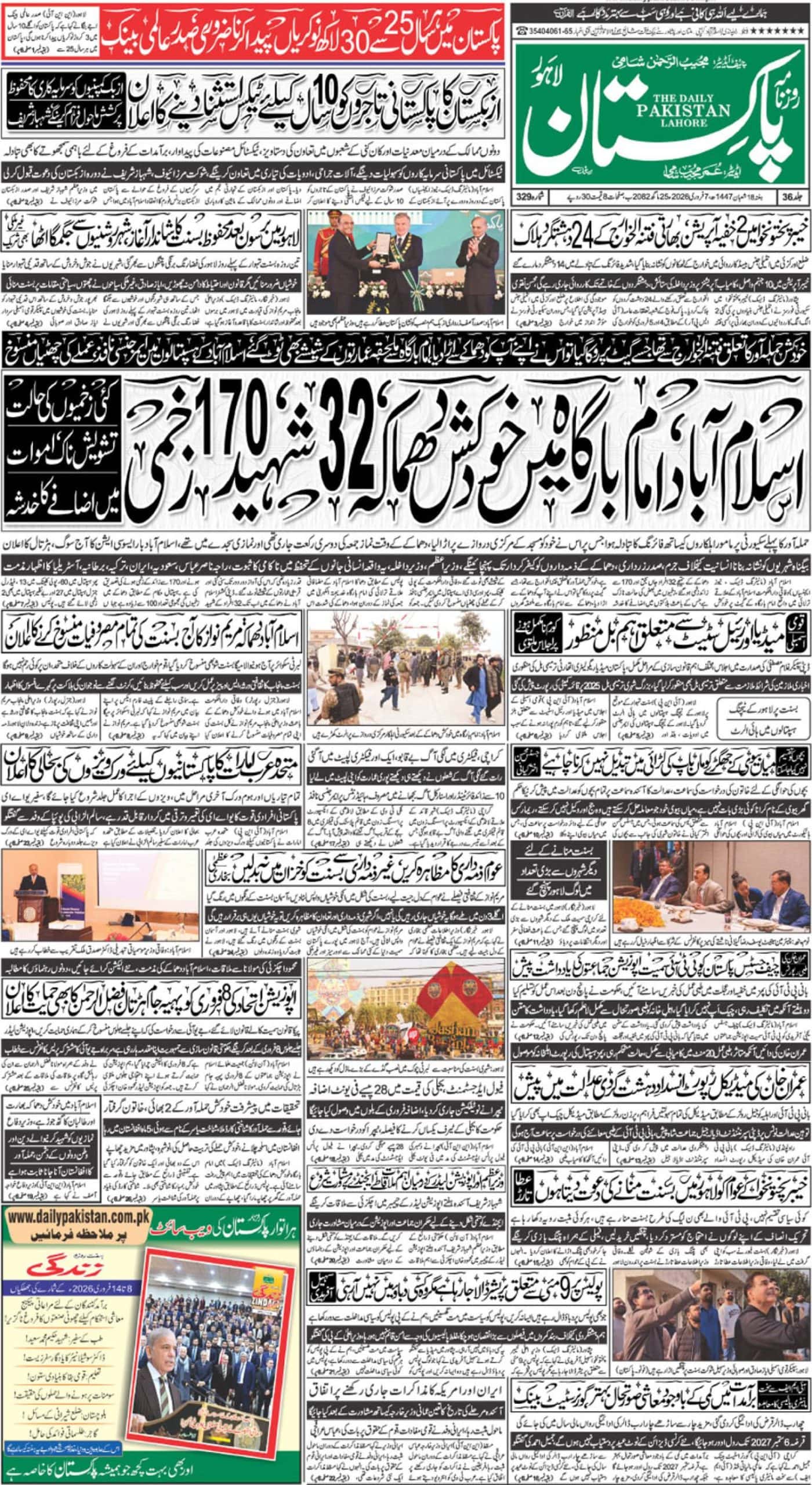The Election Commission of Pakistan (ECP) has officially recognized 93 lawmakers in the Punjab, Khyber Pakhtunkhwa, and Sindh assemblies as “returned candidates” of the Pakistan Tehreek-e-Insaf (PTI), in accordance with the Supreme Court’s July 12 ruling on the reserved seats case, revitalizing the embattled party in parliament.
This decision follows the election watchdog’s recent declaration of 39 PTI lawmakers from the National Assembly as PTI-affiliated candidates. These 93 provincial assembly members and 39 National Assembly members had indicated their affiliation with PTI in documents submitted to the ECP before the general elections.
Earlier today, the ECP posted the notification on its website, listing 29 PTI lawmakers from the Punjab assembly, 58 from the Khyber Pakhtunkhwa assembly, and six MPAs from Sindh as PTI members.
On July 25, the ECP sought the Supreme Court’s guidance on the legal and constitutional aspects concerning PTI lawmakers in the national and provincial assemblies. The ECP argued in its civil miscellaneous application that it was facing challenges in implementing the reserved seats order due to PTI’s lack of an organizational structure for confirming the statements of MNAs and MPAs.
In its landmark July 12 ruling, the Supreme Court declared PTI eligible for reserved seats for women and minorities in the national and provincial assemblies. These PTI members had contested the February 8 elections as independent candidates and subsequently joined the Sunni Ittehad Council (SIC) to secure reserved seats, as independents are not permitted to obtain reserved seats under the law.
Before the February 8 elections, the Supreme Court upheld the ECP’s decision to strip PTI of its ‘bat’ symbol, effectively removing its status as a political party. Despite winning the most seats in the elections, PTI was initially denied reserved seats by the ECP, a decision upheld by the Peshawar High Court due to the party’s failure to submit its list of candidates for reserved seats within the stipulated time.
Overturning the ECP’s verdict, the Supreme Court ruled on July 12 that “PTI was and is a political party” that won general seats in the national and provincial assemblies in the February 8 elections and is therefore entitled to reserved seats.
The Supreme Court’s full bench, led by Chief Justice of Pakistan (CJP) Qazi Faez Isa, by a majority of 8, set aside the Peshawar High Court’s March 25 judgment and declared the ECP’s March 1 order to be unconstitutional, without lawful authority, and of no legal effect.
In compliance with the Supreme Court’s directives, the ECP held multiple sessions to deliberate on the verdict and announced its intention to implement the court’s ruling. Faced with the possibility of PTI becoming the largest party in the assemblies after receiving the reserved seats, the ruling coalition partners, Pakistan Muslim League-Nawaz (PML-N) and the Pakistan Peoples Party (PPP), have filed a review petition in the Supreme Court against the reserved seats verdict.

